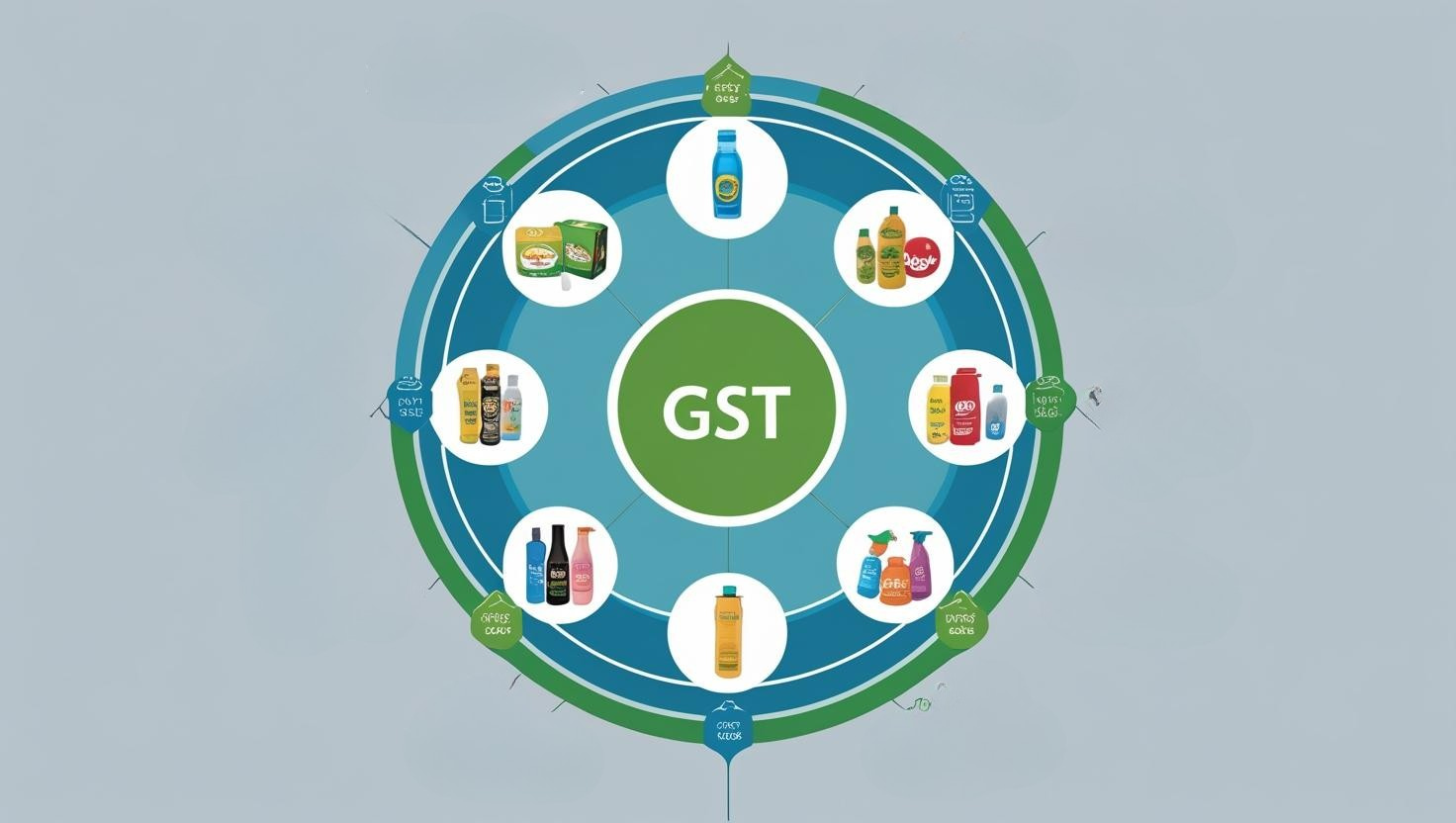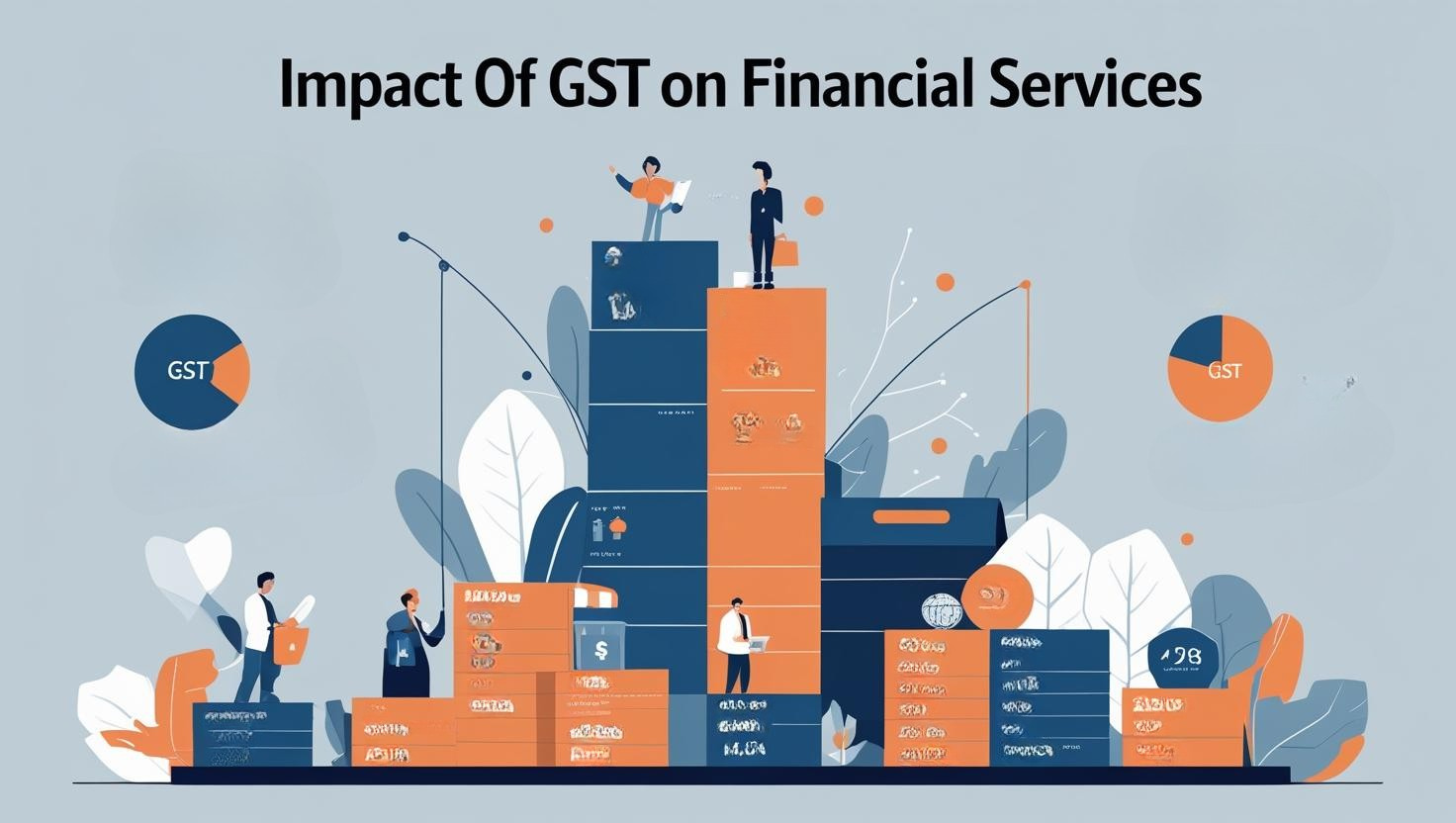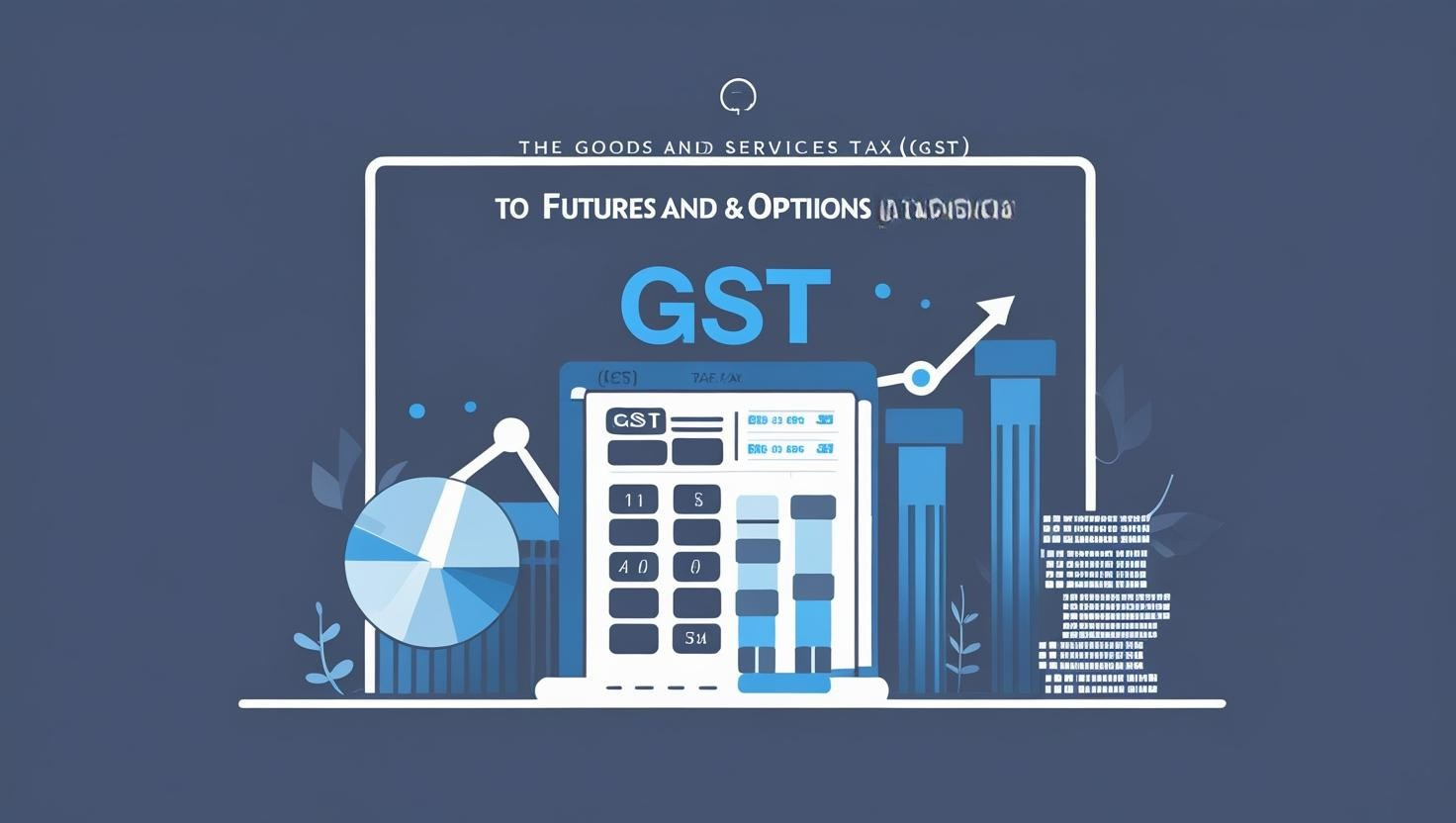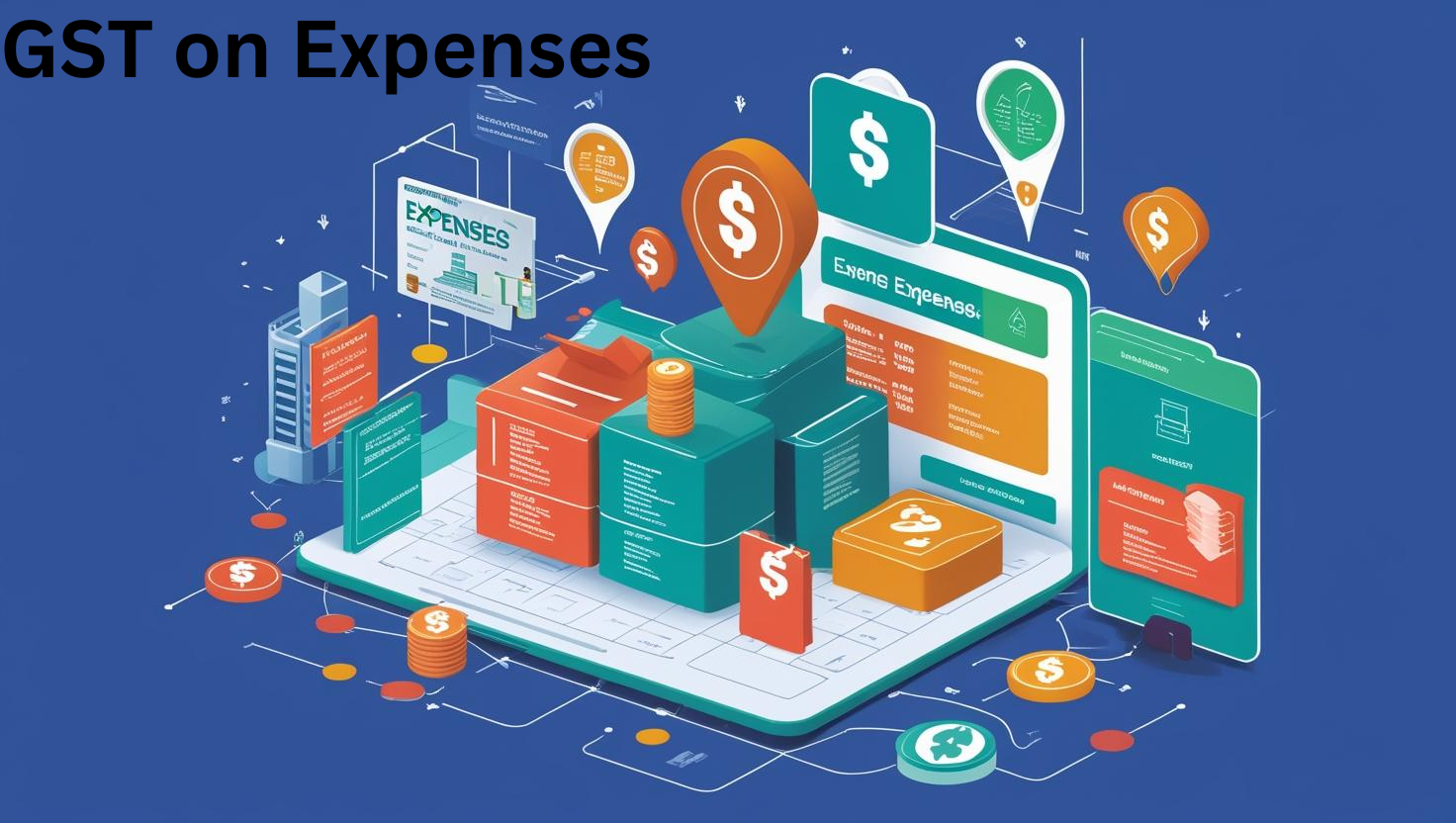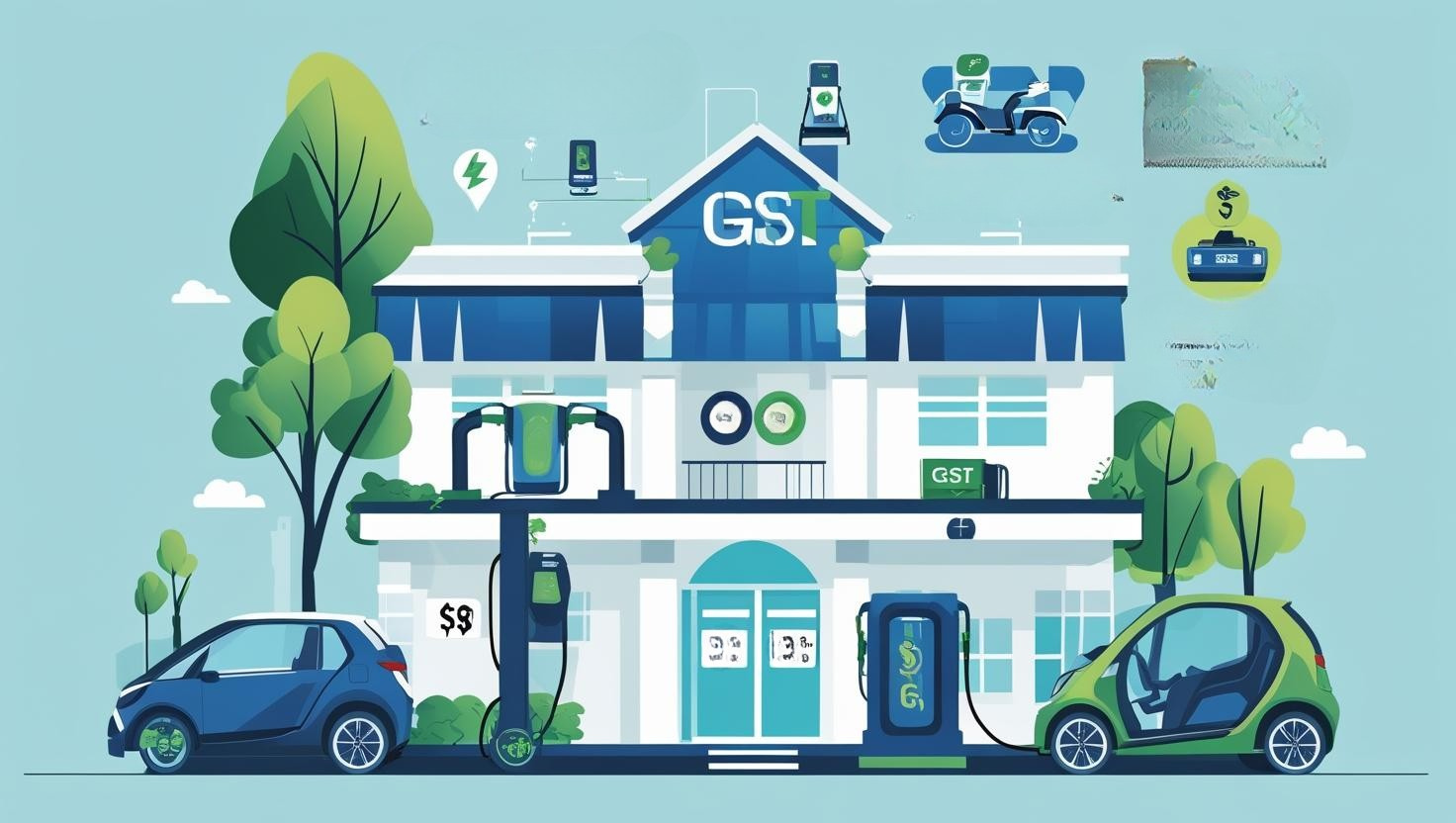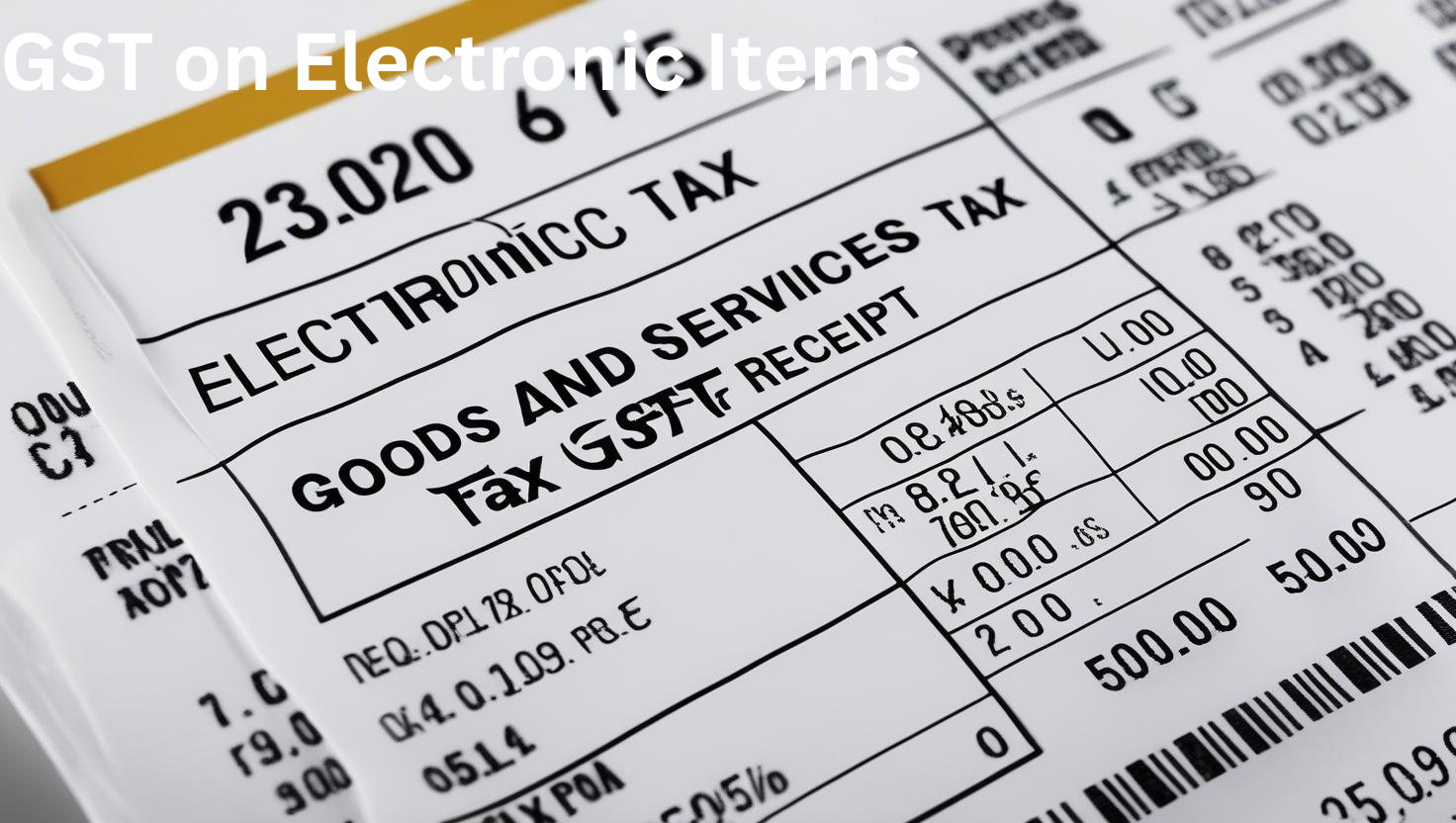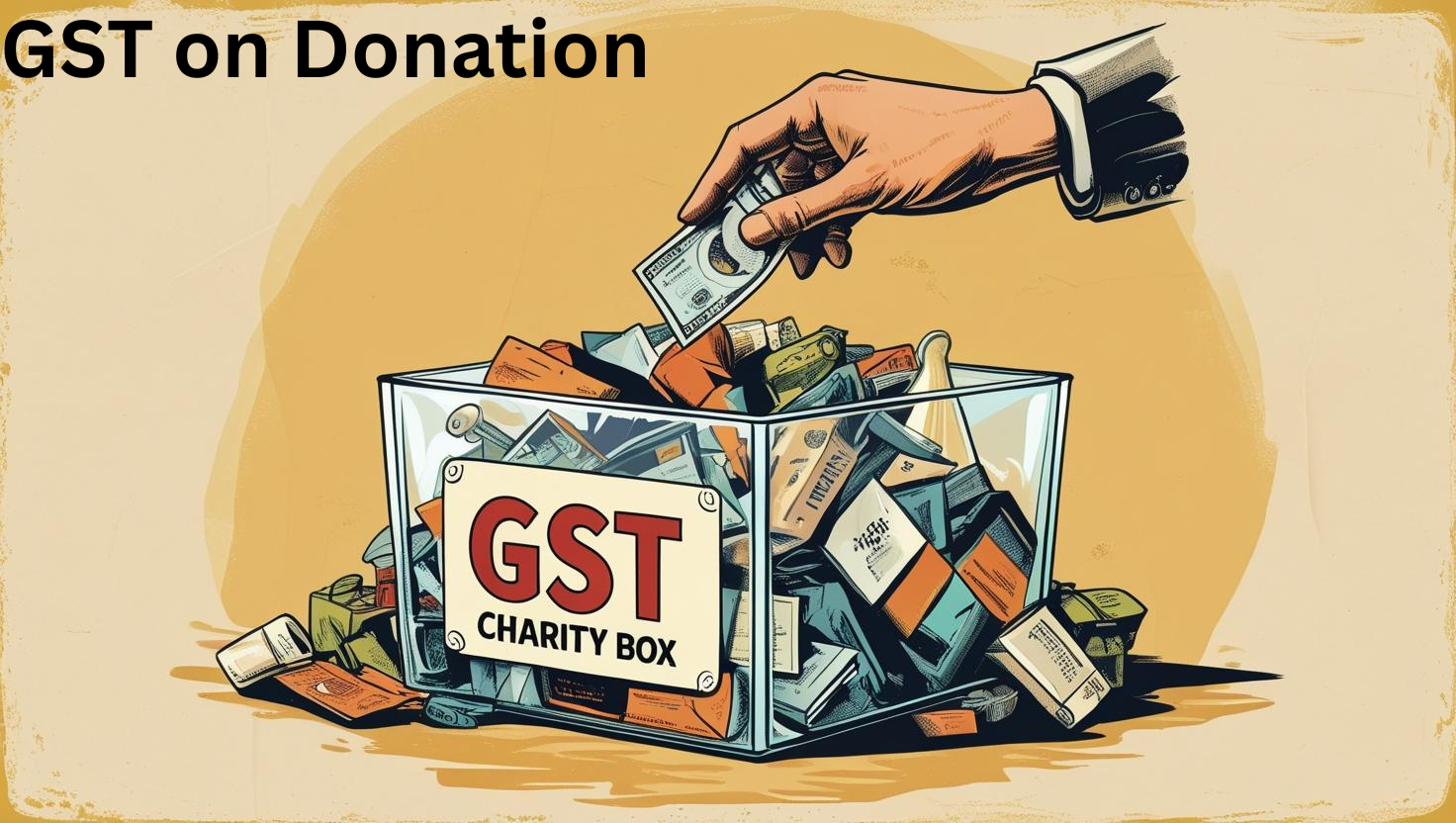Under GST, renting a property is considered a supply of service that is taxable, and both tenants and landlords have to fulfill their tax obligations. Rental income earned by the landlords attracts GST. The tax is calculated as a percentage of the rental income received. The tenants who pay the rent also have to pay GST on the rent amount. This tax is included in the total rent and deposited to the tax department by the landlords on behalf of the tenant.
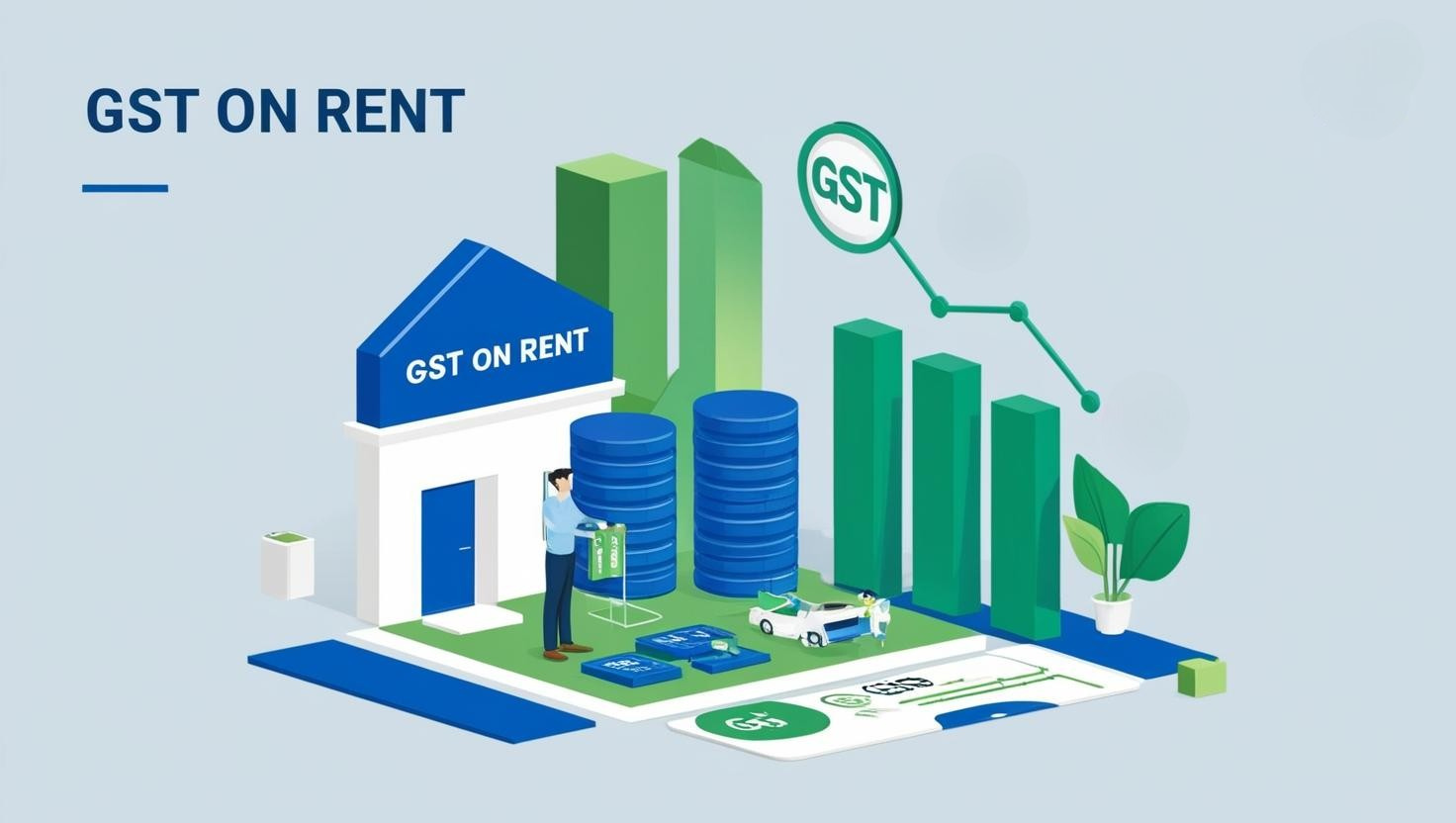
What is GST on Rent?
GST (Goods and Services Tax) is a tax imposed on rental income, categorising renting out a property as a taxable service. Introduced in 2017, GST requires landlords to collect tax on rental income.
The tax is calculated as a percentage of the rent charged to tenants. The rate of GST on rental income is set at 18%. While landlords are responsible for collecting and remitting the tax to the authorities, tenants indirectly bear the cost as it is included in the total rent they pay. GST applies mainly to commercial properties and residential properties rented for business purposes. However, residential properties rented for personal use are exempt from GST, providing relief to landlords in these cases.
Tax on Rental Income Before GST
Before the introduction of GST, landlords were required to register themselves under service tax if the value of total taxable services, including rental income, exceeds Rs.10 lakhs per annum.
Service tax on rental income was only applicable to let out commercial properties or residential properties used for commercial purposes. While commercial properties attracted a service tax of @15%, rental income from residential properties does not attract a service tax.
GST on Renting of Residential Property
GST is not applicable if a residential property is rented out to a registered person in their personal capacity and used as their own residence. In other words, if a residential property is rented out, that too for residential purposes, then the rental income from such property does not attract GST. In such cases, the rental income of the owner is taxable at the slab rates applicable to him/her.
However, it is important to note that this exemption only applies when the property is rented out in a personal capacity and used as a residence. Even if a business owner rents out a property and uses it for residential purposes only, it is exempt from GST. If the same property is rented for commercial purposes or to a business entity, it will attract GST.
GST on Commercial Property Renting
If any commercial property is rented out, it attracts GST @18% on the taxable value, and the rent is considered a taxable supply of service.
If a registered religious trust or charitable trust manages and owns the propertya, it is exempt from GST. However, to avail of this exemption, it has to fulfill the following conditions –
- The rent of the rooms should be less than Rs.1000 per day.
- The rent of shops should be less than Rs.10,000 per month.
- The rent of any open area or community hall should be less than Rs.10,000 per day.
GST on the rent of commercial property is only applicable if the property is rented out and is used for commercial purposes. GST on commercial property also applies if a residential property is rented out and used for commercial purposes.
FAQs
Q1. Is Rental Income from Property Taxed?
- Properties given out on rent, easement, lease, or licensed to occupy.
- When any commercial, industrial, or residential property is let out either wholly or partly for business purposes.
Note: Rental income on letting out of a residential property for residential purposes is not considered a supply of services and, therefore, is exempt from GST. Any other type of leasing or renting out of immovable property for commercial purposes will attract GST @18%, as it is treated as a supply of service.
Q2. What are the ITC Provisions when GST is Paid on Rental Income?
When GST is applicable on rent, the tenant paying the rent is entitled to claim an Input Tax Credit if they are registered under the GST Act. The taxpayer can claim a credit of the GST paid on the amount of rent.
However, ITC can be claimed only if the property is a commercial property or used for commercial purposes. At the same time, if a residential rented property is used for commercial purposes, the GST payer can claim an Input Tax Credit for the tax paid.
Also, the GST charged should be deposited with the government to claim ITC. Therefore, the tenants must make sure that the GST collected has been deposited with the government before claiming ITC. It is also important to fulfill all the conditions for claiming ITC before claiming it.
ITC on Repair and Renovation
GST paid on repairs, maintenance, brokerage, and similar expenses for rented properties qualifies as an input tax credit (ITC) only if these costs are not capitalized. Section 17(5) of the CGST Act restricts taxpayers from claiming ITC on certain expenditures.
For instance, ITC cannot be claimed for goods or services used to construct immovable property on one’s own account, even if used for business purposes. However, expenses like repairs and brokerage related to rental properties are eligible for ITC, provided they are not capitalized in the landlord’s books.
Q3. How to Calculate GST on Rented-Out Properties?
GST on rented properties is calculated on the basis of the rent charged to the tenant for the property. The landlord has to pay GST on the rent income received from the tenant. The GST rate on renting an immovable property is 18%.
Therefore, GST on rented-out properties will be –
GST = (Rent x 18%)/100.
Let’s understand this with an example.
Let’s say the rent of a rented commercial property is Rs.30,000 per month. Then, the GST will be calculated as follows –
GST = Rs.30,000 x 18% = Rs.5400
So, the landlord will have to pay Rs.5400 as GST on the rent of Rs.30,000 per month.
Q4. Is residential rent free from GST?
Yes, rent earned from letting out residential property or to an individual who uses the property as a place of residence is free from GST.
Q5. Is commercial rent exempt from GST?
No, commercial rent is not exempt from GST. Under the GST Act, leasing or renting of commercial property, including shops, offices, or warehouses, falls under the category of supply of services and attracts GST @18%. However, small taxpayers who have an annual turnover of less than Rs.20 lakhs are exempted from GST on rental income.
Q6. Who needs to register for GST when renting property?
If you rent out property to a business and your total annual income (including rent and other earnings) exceeds ₹20 lakh, you must register for GST and pay tax on the rent. This requirement applies to both landlords and tenants, provided the tenants are registered businesses.
Q7. Can I claim tax credit (ITC) on GST paid for rent?
If you pay GST on rent, typically for commercial properties, you may be eligible to claim Input Tax Credit (ITC) on the GST amount. This ITC can help offset other GST liabilities, providing a financial advantage.
Related Resources


